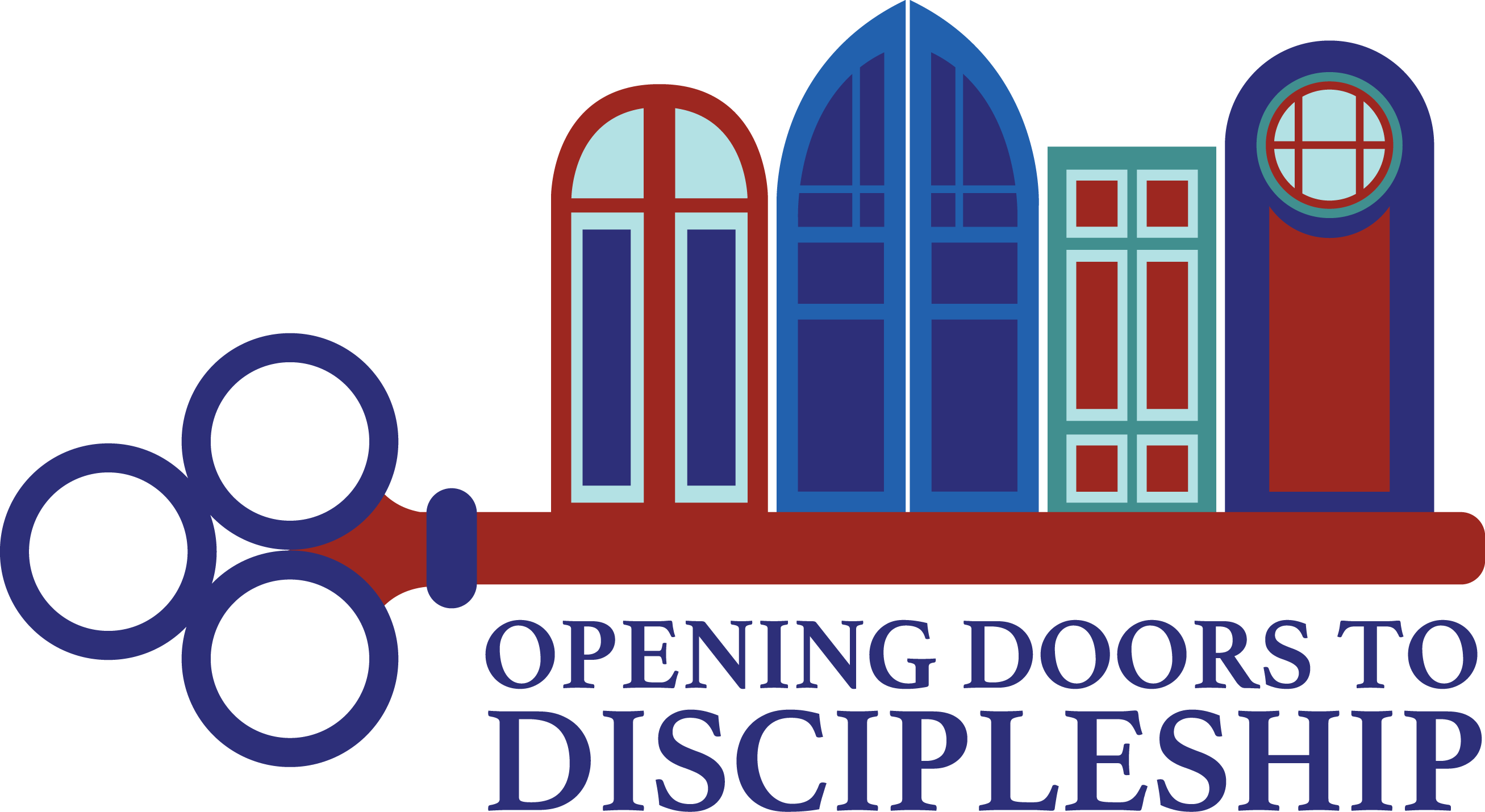Defining Learning
Defining Learning
In this module, Professor Cindy Kissel-Ito (Union Presbyterian Seminary) will be your guide as you learn how to define learning and explore different approaches to learning. To get the most out of this module, we recommend following the lesson as it is laid out. You are encouraged to have a Bible and journaling materials nearby to take notes.
What is Learning?
The way that learning is understood and described varies between disciplines, cultures, languages, and social groups. Even amongst teaching and learning practitioners in North America, there are many different perspectives on learning.
As Christian educators, part of our role is to figure out what learning means in the unique contexts of the congregations in which we serve. To figure this out, we need to know the basics of commonly accepted definitions of learning AND reflect on where and how learning takes place in our congregations.
Reflection Exercises
-
- Thinking about the ministry context in which you serve, what three words would you use to describe learning?
- Thinking about what you know about how Jesus taught, what three words would you use to describe learning
Schunk’s Definition of Learning
“Learning is an enduring change in behavior, or in the capacity to behave in a given fashion, which results from practice or other forms of experience.”
Schunk, D. H. (2019). Learning Theories (8th Edition). Pearson Education (US)

Reflection Exercise
The criteria that Schunk uses to define learning are present in the stories of Jesus’ teaching:
-
- People are changed when they learn from Jesus.
- The learning happens through experience (often an encounter with Jesus in daily life).
- What they learn from Jesus endures over time.
Choose one of the following passages from scripture to read. Identify the three criteria of learning within the stories.
-
- The Woman at the Well: John 4: 4-26, 39-42
- Nicodemus: John 3:1-21 & 7:45-52 & 19: 48-42
Learning Involves Change
When people learn, they become capable of doing something differently. They demonstrate a changed capacity. They have new skills, knowledge, belief, and/or behaviors. Watch this video to hear Professor Kissel-Ito tell a story about a time that she witnessed the “change” part of learning in a children’s ministry setting.
Reflection Exercise
As we grow as disciples of Christ in community, we are changed. Sometimes the change is a result of formal learning and other times it is the result of informal or non-formal learning. Think about your own spiritual journey:
-
- How have you been changed by what you’ve learned as part of your church community?
- Would you categorize the changes in your life as spiritual, intellectual, emotional, behavioral, or social?
- Were the changes a result of formal, informal, or non-formal learning?
Learning Endures Over Time
Learning does not need to last forever to be true learning. Forgetting is, after all, a normal part of human life! Learning does, however, need to endure long enough for change to be evident in a learner’s life. The type of learning that people do in church communities, which is not just intellectual but also spiritual and social, has the potential to last a lifetime.
Hear Professor Kissel-Ito tell a story about a woman whose religious education as a child continued to benefit her into old age.
Reflection Exercise
Take a moment to think of the children and teens in your church community. Imagine them 10 years from now.
-
- What learnings do you hope they have carried with them from your ministry?
- How have their lives been changed by what they learned at your church?
Pray for them. Ask God to give your educational team the vision, resources, energy, love, and joy to share faith to the children God has entrusted to your ministry.
Learning Occurs Through Experience
Learning happens as a result of both engaging with the world around us and reflecting on / analyzing our engagement. As Christian educators, we are called to both facilitate learning experiences and help learners reflect on their experiences.
Including children in leading Sunday services is a good way for them to learn about worshiping God through experience. People of all ages can hand out bulletins and greet people as they enter the sanctuary. Children can carry candles, crosses, bread and cup, or the Bible into the sanctuary in processionals. Older children can read scripture and say some of the prayers. With the help of an adult, children can also pass offering plates.
Christian educators should not only arrange for these opportunities for children, but also help the children to prepare ahead of time (e.g., through practice, mentorship, and explanation of why we worship the way we do) and debrief with them afterwards (inviting them to reflect on their experience and offer additional support if necessary).
Mission and service opportunities are also good examples of learning through experience.
Reflection Exercise
Create a list of all the opportunities for experiential learning that are being offered as part of the educational ministries in which you serve. Alternatively, you can print one here.
After you complete your list, consider:
-
- What opportunities are working well?
- Which opportunities need to be adapted, changed, or let go of?
- What new opportunities for experiential learning might God be calling your educational ministry team to explore?

Closing Blessing
May the teaching God bless you and keep you as you seek to nurture lifelong faith in your context. May you know God’s love deeply and share it widely as you serve. Amen.
